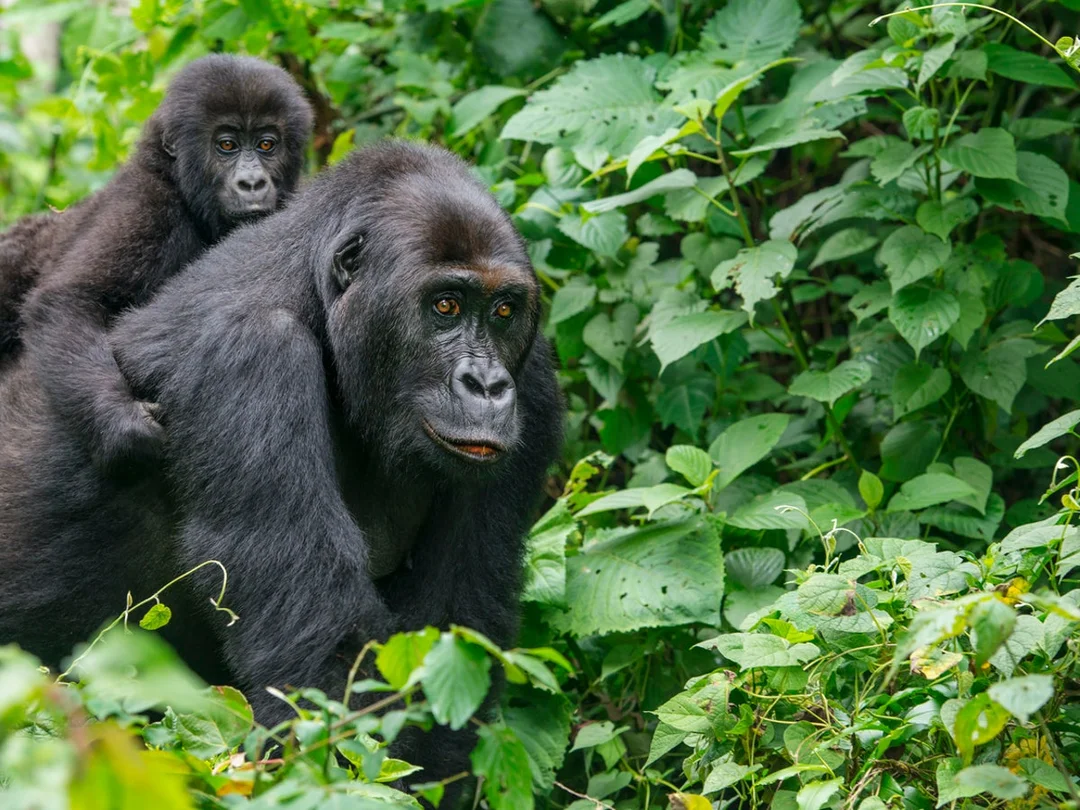
Endangered Gorillas In Peril: The Environmental Crisis in Rebel-Held Congo
In the heart of eastern Congo, a troubling environmental crisis unfolds as illegal logging surges in the tropical forests, primarily due to the region falling under rebel control. These forests, home to the critically endangered eastern lowland gorillas and a UNESCO World Heritage site, now face a dire threat that calls for urgent attention.
The Kahuzi-Biega National Park, a vital sanctuary for approximately 400 bird species and one of the last habitats for Grauer's gorillas, has witnessed alarming changes since it was captured by Rwanda-backed M23 rebels earlier this year. With the M23's control over eastern Congo expanding, roads once restricted by government check-points have reopened, allowing for the unregulated transport of goods, particularly charcoal, which is now being extracted at an unprecedented rate.

Local charcoal producers describe the situation with mixed emotions. Espoir Gedeon, a timber transporter, mentioned, "We plant trees for clean air, but also to make charcoal, produce planks and for construction." This duality presents a troubling view of the unsustainable practices that might support short-term economic needs but threaten long-term ecological stability.
The economic repercussions of this surge in production are stark. Prices for bags of charcoal have decreased significantly, providing a lifeline for local vendors like Sifa Bahati, who stated, "That's how God is helping us. We manage to feed our children and also get soap for laundry." However, this newfound economic relief comes at a steep ecological price, sending ripples of concern through environmental circles.
Conservationists have raised alarms about the long-term sustainability of these practices, calling for an end to the illegal logging operations. A letter addressed to the M23 leadership highlighted the impending danger to both biodiversity and forest ecosystems in the region. Josue Aruna, head of the NGO Environmental and Agro-Rural Civil Society of Congo, warned, "If this continues, we will lose the park, this unique habitat for the Grauer's gorilla." At least 3,000 bags of charcoal reportedly enter Bukavu daily, underscoring the urgency of the situation.
The unfolding events in eastern Congo present a stark illustration of the intersection between human desperation and environmental conservation. As the charcoal boom fuels local economies, it simultaneously jeopardizes the survival of one of the planet's most endangered species. Will local leaders heed the conservationists' call, or will the fate of the Grauer's gorilla hang in the balance alongside the fate of their forest home?
As readers, we invite you to reflect on this critical issue. What are your thoughts on balancing community needs with environmental conservation? Join the conversation and share your insights.